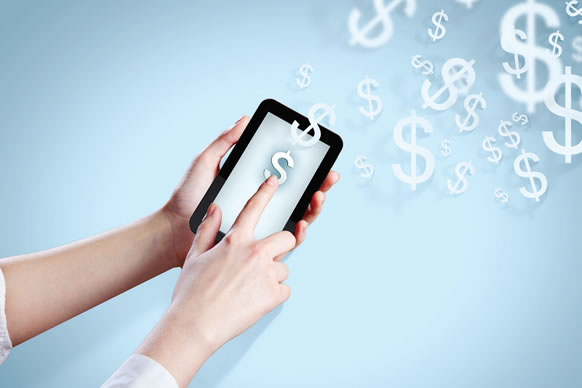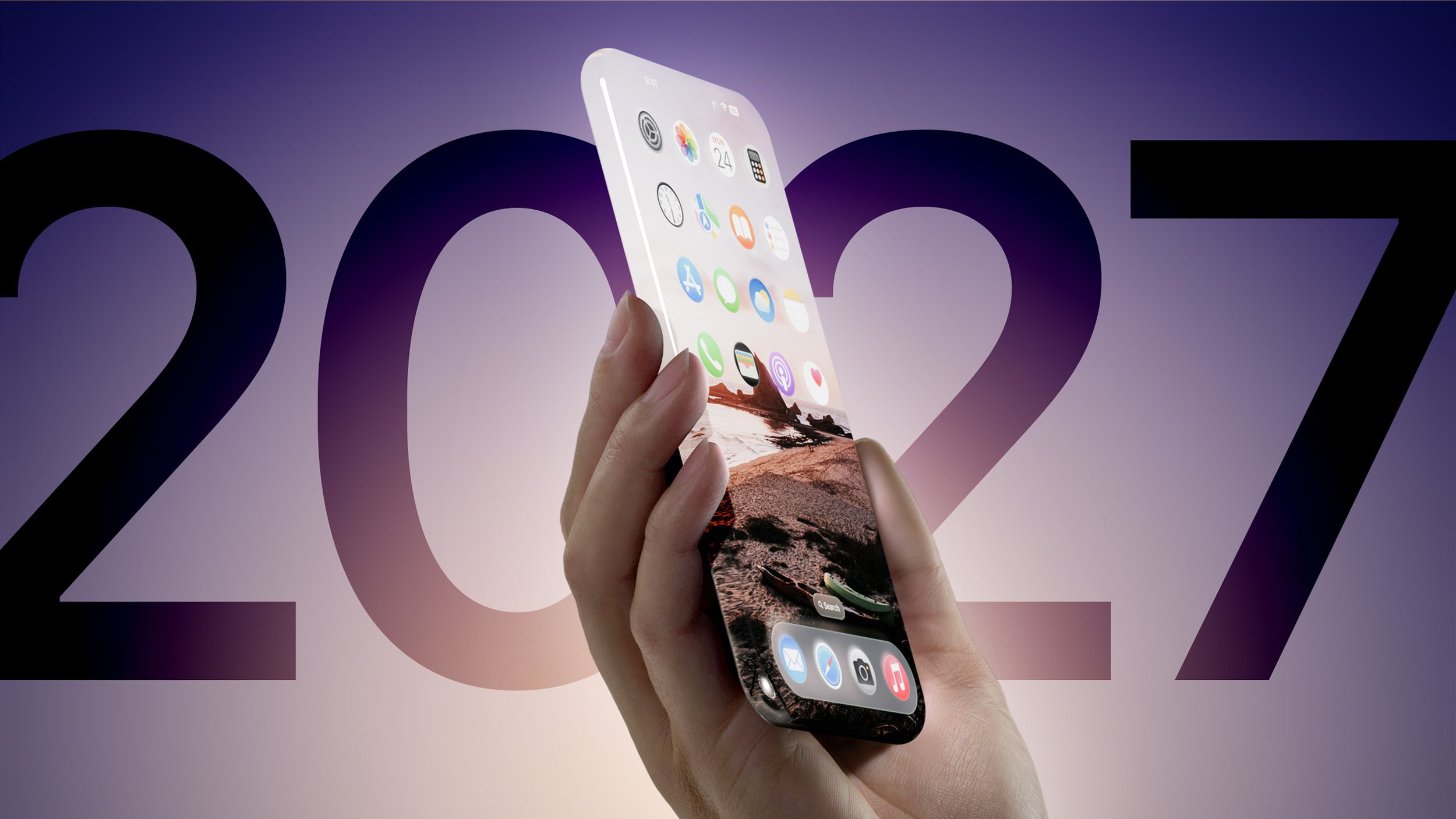Copyright radarr

In Nigeria today, mobile banking apps have become more than tools for sending and receiving money. They are now digital partners helping people save automatically, invest wisely, track expenses, access loans, and even earn rewards—all from their phones. This new wave of digital banking is changing how Nigerians manage money, making wealth creation easier, smarter, and more disciplined. Across major banks like Access Bank, Zenith Bank, GTBank, Sterling Bank, and FCMB, mobile apps now provide financial features that go beyond daily transfers. These apps give users the power to plan, grow, and monitor their finances without visiting a bank branch. For many Nigerians, this means greater financial control and easier access to opportunities that were once limited to corporate clients or wealthy investors. Saving money has always been a challenge for many Nigerians, but mobile apps are solving that problem through automation. Instead of relying on memory or discipline, users can now set automatic transfers from their main accounts into savings accounts. For instance, a customer can schedule N2,000 to move every Friday into a savings wallet. Once set up, the process runs automatically, building consistency and ensuring money is saved before spending begins. Banks like Sterling Bank, through its “Go Money” app, and Wema Bank’s “ALAT” app have introduced goal-based savings features. These allow users to create savings goals—whether for rent, school fees, travel, or business funding—while tracking progress. Many of these goal-based accounts also offer higher interest rates than regular savings, allowing money to grow faster. Automation removes the temptation to spend impulsively and helps Nigerians build long-term financial discipline with ease. Beyond savings, mobile apps are giving Nigerians access to simple investment opportunities. Within the same platform where you save, you can now invest in mutual funds, fixed deposits, or government bonds. GTBank’s Habari app, for example, allows users to invest in unit trusts, while Stanbic IBTC’s mobile app connects customers to its asset management options. This makes it possible for everyday Nigerians to earn returns on their money without complicated paperwork or financial advisers. The principle of compounding—earning interest on both your capital and accumulated interest—means small, steady investments can grow significantly over time. Even modest fixed deposits of 30 or 90 days can make a difference. The key is starting early and maintaining consistency, which mobile apps now make easier than ever. Tracking expenses is another important feature that mobile banking apps provide. Many Nigerians are surprised when they see how much they spend monthly on things like data, food, or transport. Apps from GTBank, Access Bank, and Zenith Bank now have dashboards that automatically categorise spending and show where your money goes. Users can see clear charts highlighting essential and non-essential spending. This visibility helps individuals make smarter decisions—cutting back on wasteful habits and redirecting funds into savings or investments. Some apps even send alerts when you’re about to exceed your budget, helping you manage money more responsibly. Over time, these digital tools turn your banking app into a financial coach, teaching you to plan, save, and spend wisely. Digital loans have also become easier to access through mobile apps. From GTBank’s QuickCredit and Access Bank’s PayDay Loan to Zenith’s EazyLoan and Sterling Bank’s Specta, Nigerians can now get instant short-term loans with just a few taps. These loans range from small emergency funds to larger sums for business or personal use, depending on income and repayment history. However, experts warn that these loans should be used responsibly. Borrowing for non-essentials can lead to debt traps. Users are advised to borrow only what they can repay comfortably and always pay on time. Timely repayments improve your credit score, making it easier to access bigger or cheaper loans later, while defaults can attract penalties and damage your financial reputation. Many banking apps also offer rewards to encourage digital usage. Customers can earn cashbacks, discounts, or loyalty points when they pay bills, buy airtime, or make transfers through the app. Over time, these small incentives add up, and some banks even offer higher interest rates for digital savings. Apart from monetary benefits, users also save time and avoid queues at banking halls. By using mobile banking apps more intentionally—saving, investing, and tracking spending—Nigerians can take charge of their financial future. With consistent use, these digital tools can help build habits that support wealth creation and financial stability. Whether it’s setting aside money for rent, starting a small investment, or managing a budget, the path to financial freedom is now within reach and literally in your hands. The truth is that the future of money management in Nigeria is digital. The mobile banking app on your phone is not just a convenience—it’s an opportunity. Each transaction, savings goal, and investment decision made through it can bring you closer to long-term financial security. Technology has put the tools for wealth creation in your pocket; it’s now up to you to use them wisely.



